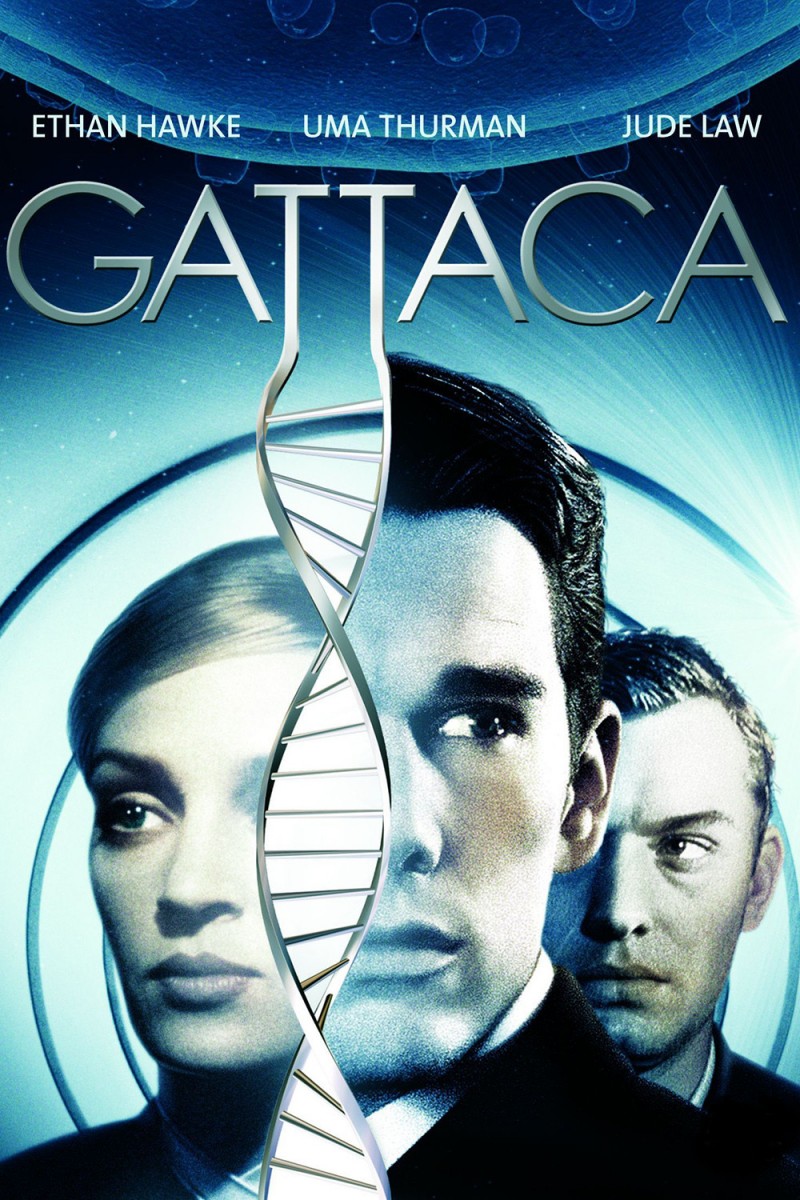 In this week’s discussion of mechanization and art, Professor Vesna discussed the idea that mechanization and the constant process of reproduction puts an end to the idea of uniqueness and authenticity. For example, photographs are no longer unique because millions of the same copies can be produced. Walter Benjamin discusses this issue in his essay. He claims that reproducibility of art creates a dependence on ritual, and art is reproduced or altered in order to reach a level of aesthetic perfection.
In this week’s discussion of mechanization and art, Professor Vesna discussed the idea that mechanization and the constant process of reproduction puts an end to the idea of uniqueness and authenticity. For example, photographs are no longer unique because millions of the same copies can be produced. Walter Benjamin discusses this issue in his essay. He claims that reproducibility of art creates a dependence on ritual, and art is reproduced or altered in order to reach a level of aesthetic perfection.  This idea reminds me of the movie Gattaca. This film is set in a futuristic world in which humans are no longer conceived by natural means - the optimal genes from both the mother and the father are combined to form the “best” child possible, with the longest life span and the most desirable physical traits. Those humans who are conceived naturally, without genetic alterations, are forced to the lowest echelons of society and take up jobs that require physical labor (such as a janitorial position) even though they may be just as smart or capable as those who have received genetic enhancements. Gattaca ties into the idea that mechanization kills uniqueness and originality. By constantly altering or “enhancing” our artwork in order to make it perfect, we lose its original depth and meaning. In Gattaca, through the process of each child receiving genetic treatment to be the best possible combination of its parents, the spontaneity of that person’s unique combination of genetics is lost.
This idea reminds me of the movie Gattaca. This film is set in a futuristic world in which humans are no longer conceived by natural means - the optimal genes from both the mother and the father are combined to form the “best” child possible, with the longest life span and the most desirable physical traits. Those humans who are conceived naturally, without genetic alterations, are forced to the lowest echelons of society and take up jobs that require physical labor (such as a janitorial position) even though they may be just as smart or capable as those who have received genetic enhancements. Gattaca ties into the idea that mechanization kills uniqueness and originality. By constantly altering or “enhancing” our artwork in order to make it perfect, we lose its original depth and meaning. In Gattaca, through the process of each child receiving genetic treatment to be the best possible combination of its parents, the spontaneity of that person’s unique combination of genetics is lost. 
One could say, as humans, that each one of us is a work of art. We are all genetically unique - no two people (unless they are identical twins) are made up of the exact same genetic material. Our combination of both physical and mental traits, what we look like and who we are, is original. We should embrace this part of our human nature, and allow ourselves to continue creating novel artworks, embracing each person’s unique impact to society and the world.
Sources:
Benjamin, Walter. “The Work of Art in Age of Mechanical Reproduction.” Marxists. N.p.. Web. 18 Oct 2012. "Campbell's Soup Cans." Wikipedia. Wikimedia Foundation. Photograph. 15 Apr. 2016. "Gattaca: Humanizing Research and Evolving." Splice. 2015. Photograph. 15 Apr. 2016. "Gattaca Synopsis." IMDb. IMDb.com. Web. 15 Apr. 2016. "Healthy Children" United Way Nashua. Photograph. 2015. Web. 15 Apr. 2016. Vesna,Victoria. “Lecutre Part 2.” Math + Art. 12 Oct. 2012. Lecture.
Nice post Kamila! I like how you compared the loss of uniqueness due to mechanization with the uniqueness of us as humans. I am an identical twin therefore I am not genetically unique! I agree with you in that it is very important as an individual to maintain individuality. Art work should maybe do the same! Replicating one piece of art rids it of its authenticity.
ReplyDeleteGreat read Kamila! Gattaca sounds like an interesting film, and I might take the time to watch it since it also got 7.8/10 on IMDB. I can definitely see where Walter Benjamin is coming from in regards to the authenticity of original works of art; however, I believe that the reproduction of art through photography has tremendously helped spread awareness of that original art itself. For example, we would have never known what the Mona Lisa or The Last Supper would have looked like without the technology of photography!
ReplyDelete